Dong Mingzhu’s “Spy Theory” Sparks Controversy: A Test of the CCP’s Xenophobic Frenzy. (AI-generated image)
[People News] According to a Beijing News report on April 23, Gree Electric Chairwoman Dong Mingzhu declared at a public event that Gree “will never hire returnees from overseas” because “some of them are spies.” The statement ignited a public uproar. Netizens criticised her comments as “extreme” and “self-sabotaging,” with some sarcastically suggesting she was hinting at children of high-ranking officials, and others accusing her of pandering to the CCP’s xenophobic sentiment. Gree’s stock price fell 1.5% that day, with the market responding coolly to her remarks.
Dong’s so-called “spy theory about overseas returnees” landed like a rhetorical bomb. On the surface, it appeared to be an outrageous comment by a businesswoman, but in reality, it revealed a deeper attempt by the CCP to test the waters of xenophobic sentiment as a response to growing instability. This isn’t merely a personal prejudice—it reflects a strategy by the CCP, under economic collapse and mounting internal and external pressure, to incite xenophobia via business figures in an effort to divert public anger. Yet such efforts backfire, only hastening the regime’s downfall. This incident reveals how the CCP’s ideological closed-mindedness is dragging China toward isolation and decline.
Reason 1: Xenophobic Frenzy and Media Manipulation
Dong Mingzhu’s comments weren’t made in a vacuum; they are a microcosm of the CCP’s xenophobic ideology. Facing a 145% tariff war that has pushed China’s economy to the brink, with exports to the U.S. accounting for 16% of total exports in 2024, a wave of small business closures, and unemployment threatening social stability, the regime is desperate for distraction. The real estate crisis and 90 trillion RMB in local government debt are straining the fiscal system. In recent years, authorities have frequently accused overseas individuals of being “spies”—for example, the baseless accusation against journalist Dong Yuyu in March 2025—using nationalism to cover up internal crises. Dong Mingzhu’s “spy theory” follows this trend, stigmatising returnees in alignment with the regime’s “defence against foreign infiltration” rhetoric.
This xenophobic frenzy signals the CCP’s existential crisis. With the economy in ruins and public anger mounting, the regime is scapegoating overseas returnees to shore up control. But this attempt is backfiring—the CCP’s xenophobic discourse is severing its own lifeline, accelerating its isolation and decline.
Reason 2: Political Opportunism and the Involution of Entrepreneurs
Dong Mingzhu’s statement isn’t merely a personal bias—it reflects political opportunism under the CCP system. According to Caixin, Gree’s profits declined 15% in 2024 due to the tariff war, and competition is intensifying. To secure her position, Dong needs to demonstrate loyalty to the CCP and cater to xenophobic sentiment in exchange for policy support. Her “spy theory” is a calculated political performance, aiming to gain favour through provocative rhetoric.
The CCP’s growing ideological control over private enterprises has intensified this involution. Entrepreneurs are forced to publicly express support for policies or risk losing access to resources. Dong has long aligned herself with the regime, such as her 2020 statement proclaiming, “Made in China is unbeatable.” Her latest comments are a continuation of her opportunistic path. However, the drop in Gree’s stock price shows the market isn’t buying it. Dong’s manoeuvre not only failed to save Gree but also exposed the absurdity of a system that compels entrepreneurs to self-destruct. The regime’s collapse is becoming visible in this internal business implosion.
Reason 3: A Fatal Blow to Talent Retention
Dong’s “spy theory” also reveals a severe talent crisis under CCP rule. Returnee talent has been a pillar of China’s technological and economic development, but due to fiscal strain, China’s R&D spending is expected to shrink by 10% in 2024, with the talent attrition rate hitting a 20-year high. Dong’s comments pit returnees against the system, accelerating the brain drain. This xenophobic fervour is cutting off China’s innovative lifeline—the CCP’s decline is now inevitable.
Public outrage is compounding the crisis. Protests by farmers in Guizhou and metro breakdowns in Shanghai show public trust in the regime is collapsing. Dong’s remarks have only added fuel to the fire, sparking even stronger backlash. Online, some predict: “With xenophobia pushed this far, the CCP is digging its own grave.” If the CCP continues to stoke such sentiment, its regime will collapse under the combined weight of economic ruin and talent flight.
Conclusion
Dong Mingzhu’s “spy theory” about overseas returnees is a test of the CCP’s xenophobic rhetoric, aimed at deflecting attention from its economic crisis. But instead, it exposes the fragility of its rule. The convergence of xenophobic ideology, political opportunism, and a haemorrhaging talent pool is pushing the regime toward rapid decline under internal and external pressures. Dong’s comments are merely the mad barking of a regime on its last legs—its downfall is now beyond salvation. △
(Originally published by People News)


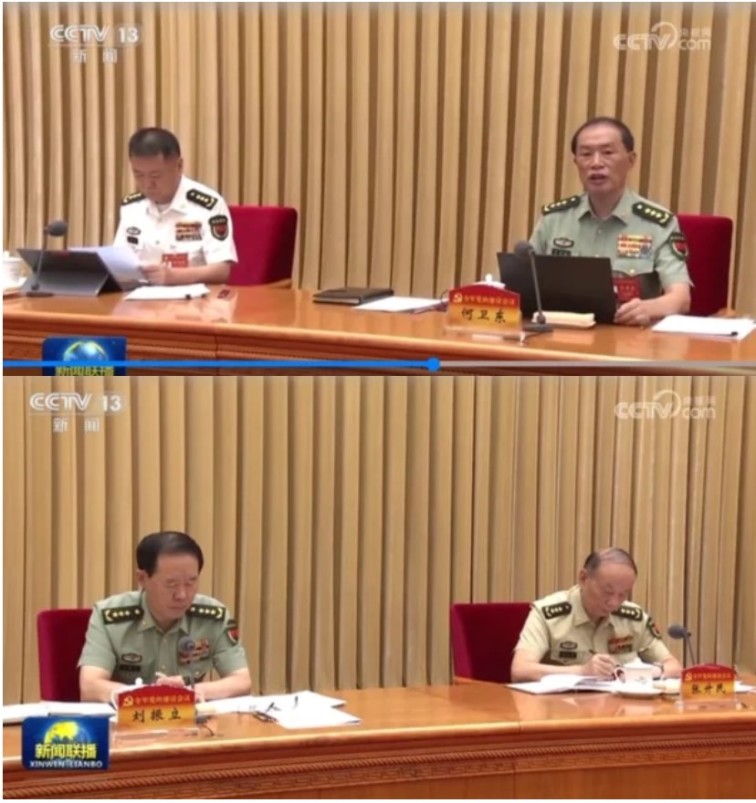
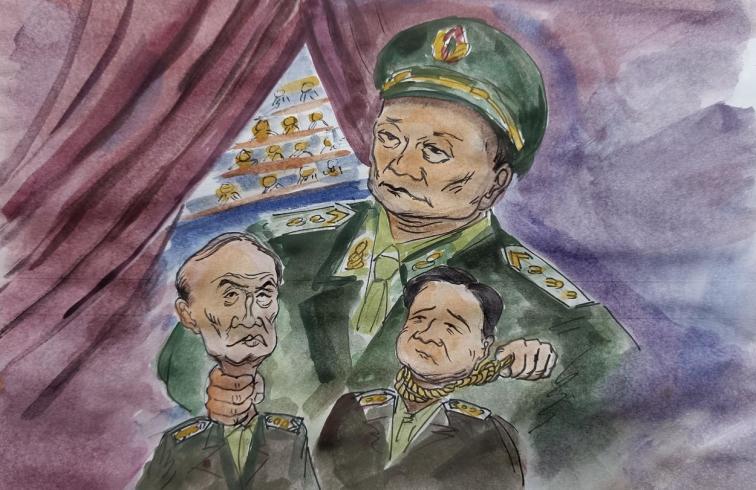
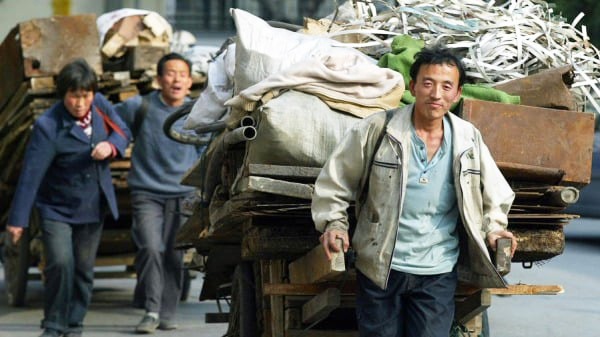
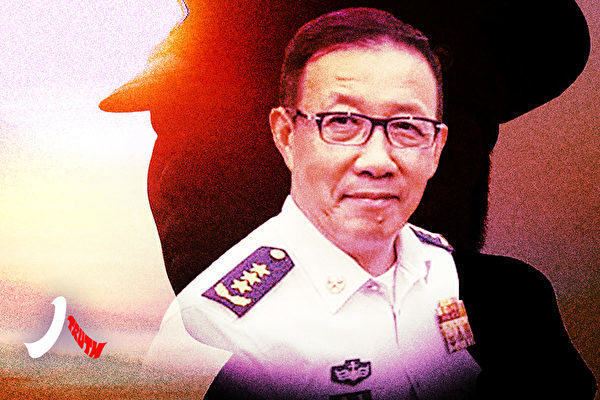
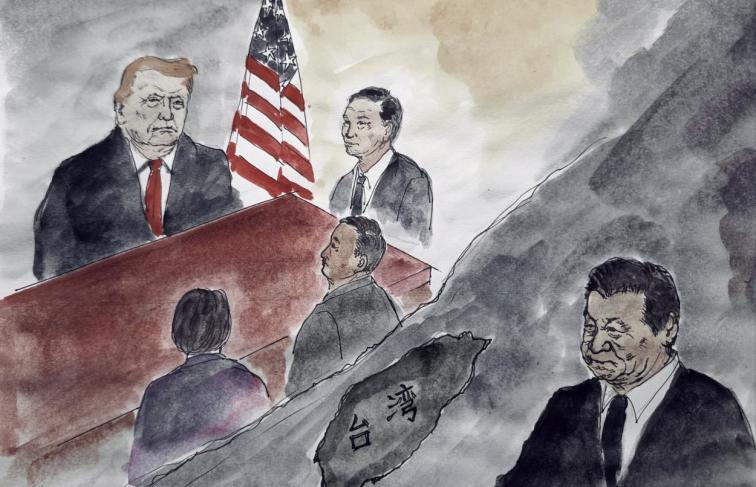
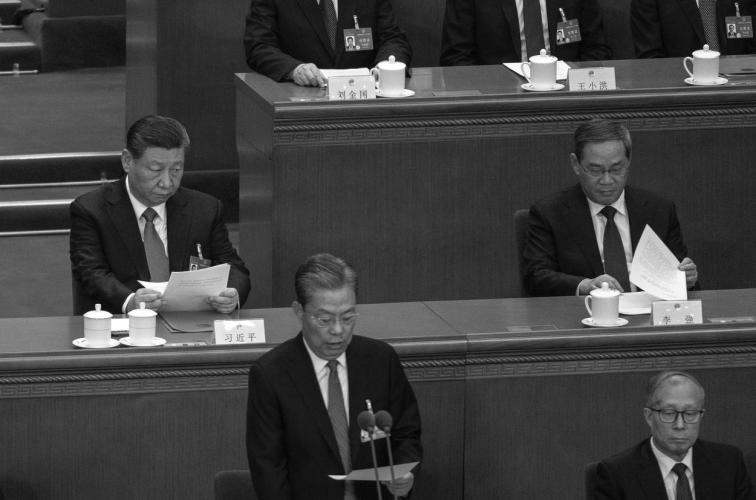

News magazine bootstrap themes!
I like this themes, fast loading and look profesional
Thank you Carlos!
You're welcome!
Please support me with give positive rating!
Yes Sure!